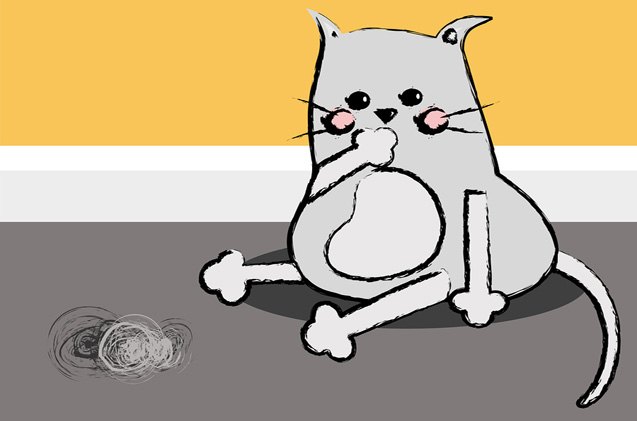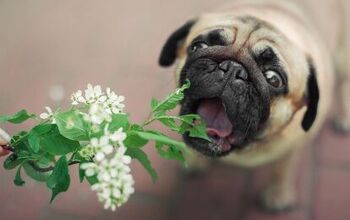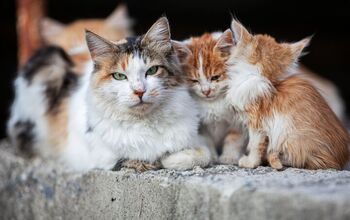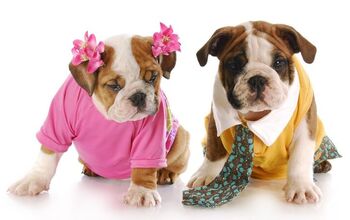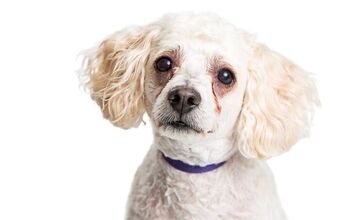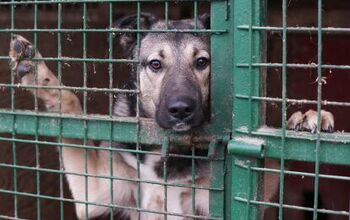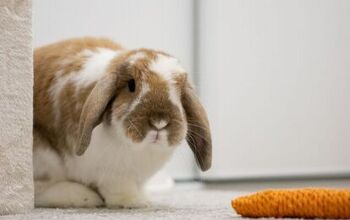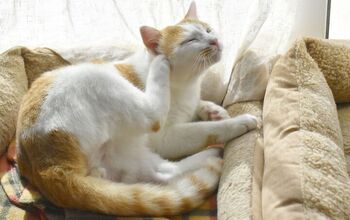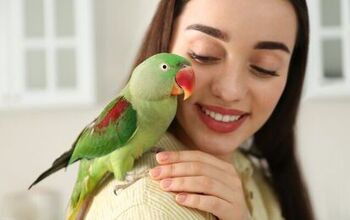A Hairy Situation: When A Cat Hairball Is Normal And When It’s Not

Cats often have to deal with hairballs, thanks to the fact that they are fastidious groomers. But even though there are times when hairballs are completely benign, there are also instances when they are far more serious and require your attention. Continue reading to learn more about hairballs, what causes them, and when they are considered normal and when they are a cause for concern.
What is a Cat Hairball, and What Causes it?
Hairballs are a normal byproduct of a cat’s grooming sessions. Every cat will ingest a good amount of fur as he grooms himself multiple times throughout the day, but his body is equipped with dealing with the fur by passing it out in the stool. As long as the amounts of fur ingested are small enough, the digestive tract will take care of everything and your cat will not encounter any issues.
If a cat’s digestive tract has difficulty passing the fur through the stool for any reason, he will instinctually vomit up a hairball instead. So, in essence, your cat’s body is equipped to handle excess fur by getting rid of it naturally in one of two ways, both of which do not cause your pet any harm.
Related: Fun Facts About Cat Hairballs
When Should You Worry about Hairballs?
If, for any reason, your cat has ingested too much fur for the body to handle, he may not be able to get rid of it through stool or vomit. And if a cat hairball becomes too large, it can cause problems within the digestive tract, including bowel obstruction or constipation. In very severe cases, a cat may even need to go into surgery in order to have a hairball obstruction removed.
Which Cats are Most Susceptible to Hairball Issues?
As you may have guessed, long-haired kitties are more prone to having problems with hairballs. However, pets with external parasites or skin allergies that result in excessive licking of the fur may also have problems with hairballs because they may lick obsessively in order to get relief, and may even lick entire sections of fur off their bodies in the process. The more severe an allergy is, the more your cat will lick himself, so it is important to determine the cause of any allergies and get them treated in order to prevent complications from hairballs.
Related: Cat Grooming Basics You Need To Know
Hairball Prevention
In addition to feeding a high quality diet that will keep the digestive tract strong and improve the overall health of your cat, holistic veterinarians advise grooming your cat for a few minutes each day using a cat-specific brush that will effectively remove any loose or dead fur before it can be swallowed. This alone will reduce the risk of hairball complications; plus, it is a great way to bond with your kitty.
If you find that your cat is shedding excessively, take a look at the food you are feeding, as nutrition has a direct effect upon skin and coat health. And if you have an indoor cat who is continually exposed to dry, hot air, this could also contribute to shedding that could lead to the formation of troublesome hairballs.
Natural Hairball Remedies
For constipation that is caused by a cat hairball, there are natural remedies you can try, such as supplementing with pumpkin or a product like Herbolax or Lax-eze, which are recommended by holistic veterinarians. Other holistic remedies include adding psyllium powder and digestive enzymes to your cat’s food in order to help him pass any hairballs. And if your cat’s skin is dry, you can also add an essential fatty acid supplement to his food in order to improve the health of his skin and coat and hopefully prevent excessive licking that result in hairballs.

Lisa Selvaggio is a freelance writer and editor, and our resident cats-pert, with certifications in pet nutrition and pet first aid. She enjoys producing content that helps people understand animals better so they can give their pets a safe and happy home.
More by Lisa Selvaggio



